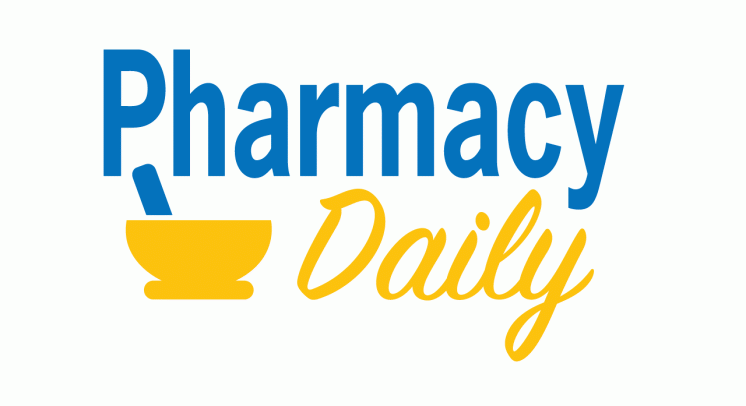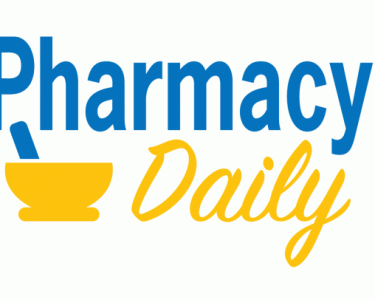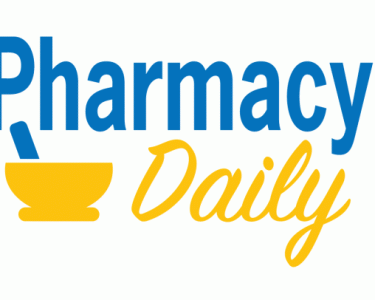AUSTRALIAN native bees could prove a key asset in the fight against antimicrobial resistance, according to recent research from the University of Sydney.
The honey from these cute little critters has antimicrobial properties that remain effective even after heat treatment and long-term storage.
This is not the case with honey from European honeybees, highlighting the native honey’s potential as a sustainable, natural agent for combating drug-resistant infections.
Study lead Dr Kenya Fernandes said: “Given the growing medical challenge of antimicrobial resistance, our findings suggest stingless bee honey could complement, or provide a valuable alternative to, synthetic antibiotics.”
Manuka honey also has strong antimicrobial activity, but it is largely reliant on nectar from specific myrtle plants.
“In contrast, the persistent antimicrobial activity of heat-treated, non-peroxide honey from stingless Australian bees across diverse locations and nectar sources suggests there is something special about these bees, rather than just nectar, that plays a critical role here,” Dr Fernandes explained.
However, there are challenges around scalability, with each beehive producing only about half a litre of honey a year.
The good news is that the hives require less maintenance than traditional beehives, allowing beekeepers to manage larger numbers.
The post Dispensary Corner 01 Jul 25 appeared first on Pharmacy Daily.



